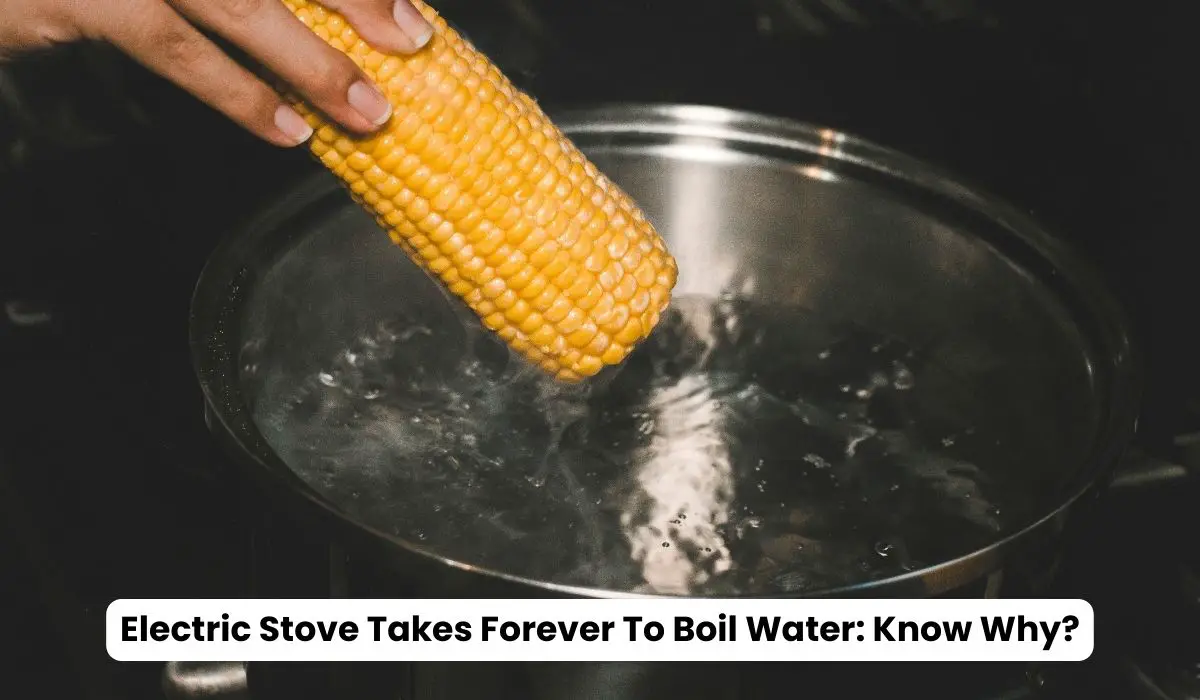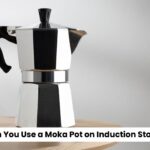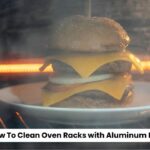In our kitchens’ daily choreography, boiling water takes centre stage—a routine performance for tea, pasta, or sterilizing baby bottles. Yet, when the spotlight shifts to the electric stove, the seemingly simple task of water boiling can transform into a slow-paced drama, testing our patience as minutes tick away.
The frustration of standing before an electric stove, watching the minutes into eternity, is an experience many can empathize with. This article aims to unravel why an electric stove appears to linger in the boiling process, offering insights and practical tips for both novice and seasoned cooks alike.
So, if you’ve ever found yourself drumming your fingers on the countertop in culinary impatience, wondering why your electric stove takes its sweet time, join us to uncover the secrets and discover ways to expedite the water-boiling act on your electric stove.
So, let’s start.
Table of Contents
How Does An Electric Stove Work?
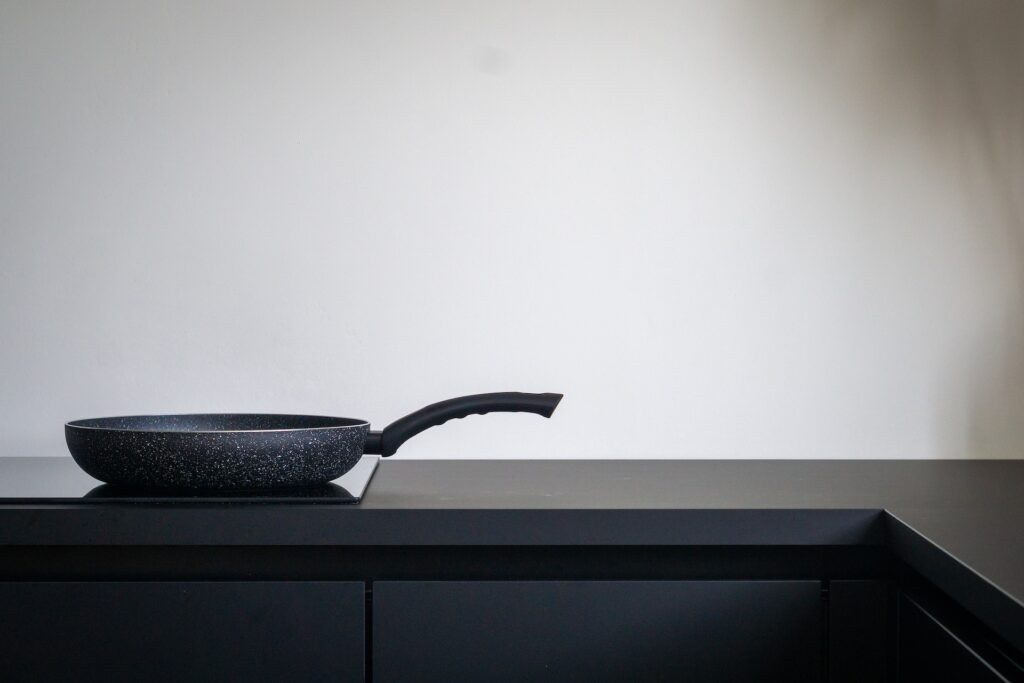
Electric stoves have become ubiquitous in modern kitchens, offering convenience and efficiency in cooking. But how does this kitchen appliance, particularly the electric stove, work its magic when it comes to boiling water?
The key element at play in an electric stove is the electric coil or heating element. This coil is typically made of a high-resistance material, commonly nichrome, which can resist the flow of electric current. When you turn on the stove, electricity courses through this coil, encountering resistance and, as a result, producing heat. This heat is then transferred to the cookware placed on the stove, initiating the cooking process.
Now, let’s address the burning question – does using an electric stove take forever to boil water? The perception of prolonged boiling times may stem from a few factors. Firstly, the wattage of the stove plays a crucial role. Higher-wattage stoves can generate more heat by boiling water faster than their lower counterparts. Therefore, if your electric stove takes longer than expected, it might be worth checking its wattage and considering an upgrade if necessary.
Additionally, the type of cookware used can influence boiling times. Materials with high thermal conductivity, like copper or aluminium, can expedite the boiling process as they efficiently absorb and distribute heat. Conversely, thicker materials may take longer to heat up.
Furthermore, the amount of water being boiled matters. Larger quantities naturally require more time to reach boiling point. Patience is key when waiting for a substantial volume of water to boil on an electric stove.
In short, an electric stove operates by harnessing the power of electric resistance to generate heat through a coil, which then transfers to the cookware. While the perception of extended boiling times may arise from factors such as stove wattage, cookware type, and water quantity, it’s essential to recognize that optimizing these variables can significantly reduce the time it takes to bring water to a boil. So, with the correct settings and equipment, your electric stove can be a swift and efficient partner in the kitchen.
Why Does Electric Stove Takes Forever To Boil Water?
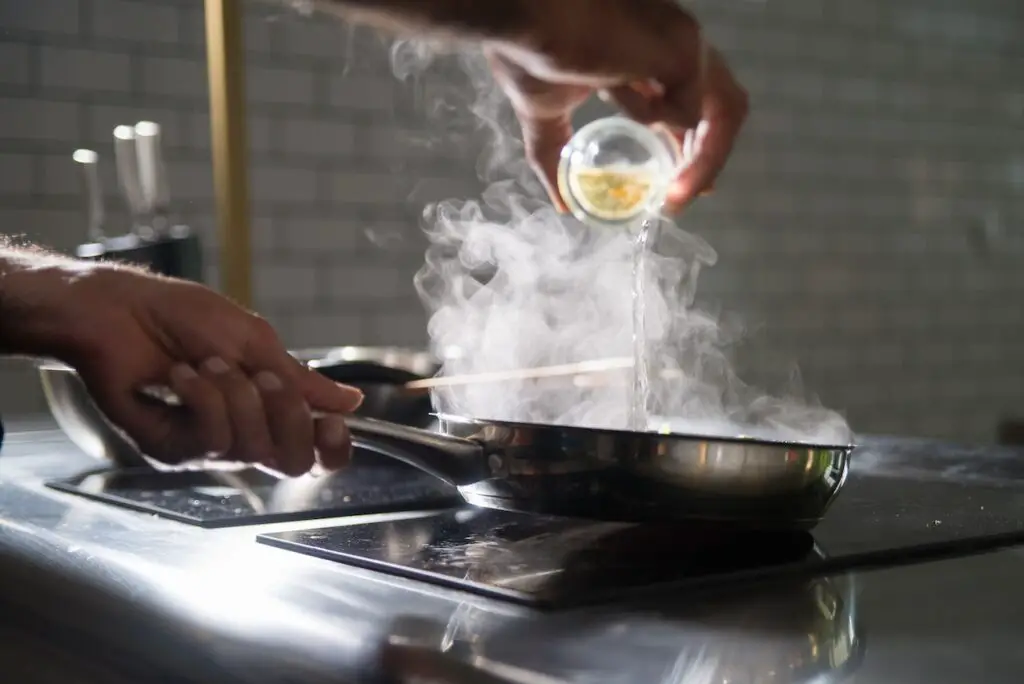
Have you ever wondered why your electric stove seems to be taking an eternity to bring a simple pot of water to a boil? It’s a common frustration shared by many, and there are some scientific reasons behind this seemingly sluggish process.
1. Gradual Heat Adjustment of Electric Stoves
Electric stoves, while efficient in their own right, exhibit a characteristic delay in responding to heat adjustments compared to their gas counterparts. Unlike the immediate modulation of a gas flame, the heating element in an electric stove necessitates a few minutes to attain the desired temperature. This initial warm-up period might give the impression that boiling water takes an eternity on an electric stove, even though the total boiling time is relatively comparable.
2. Pot or Pan Selection
The choice of pot or pan is a critical factor influencing the boiling time on an electric stove. Opting for a pot with a heavy bottom, while advantageous for uniform heat distribution and prevention of burning, can contribute to an extended boiling process. While beneficial, the evenly distributed heat throughout the pot can create the illusion of a prolonged boiling time.
3. Size Matters
The pot size or pan employed is a significant determinant of boiling time on an electric stove. Larger vessels filled with water inherently require more time to reach boiling point than their smaller counterparts, a phenomenon observed on gas and electric stoves. Choosing a pot proportional to your boiling needs can mitigate the perceived delay in water boiling on an electric stove.
4. The Influence of Heating Element Type
The type of heating element integrated into your electric stove is a crucial factor affecting boiling time. Electric stoves may utilize radiant heating elements beneath the cooktop, providing direct heat to the pot or pan. Stoves equipped with these elements generally exhibit a faster boiling time than those with conventional heating elements situated under the oven, indirectly transferring heat to the cooktop.
In short, the seemingly prolonged boiling time on electric stoves can be attributed to the delayed response in heat adjustment, the choice of pot or pan, its size, and the type of heating element. While these factors may extend the boiling process, achieving a successful boil on an electric stove is feasible with patience and the right equipment.
How Much Time Does Boiling Water on an Electric Stove Take?
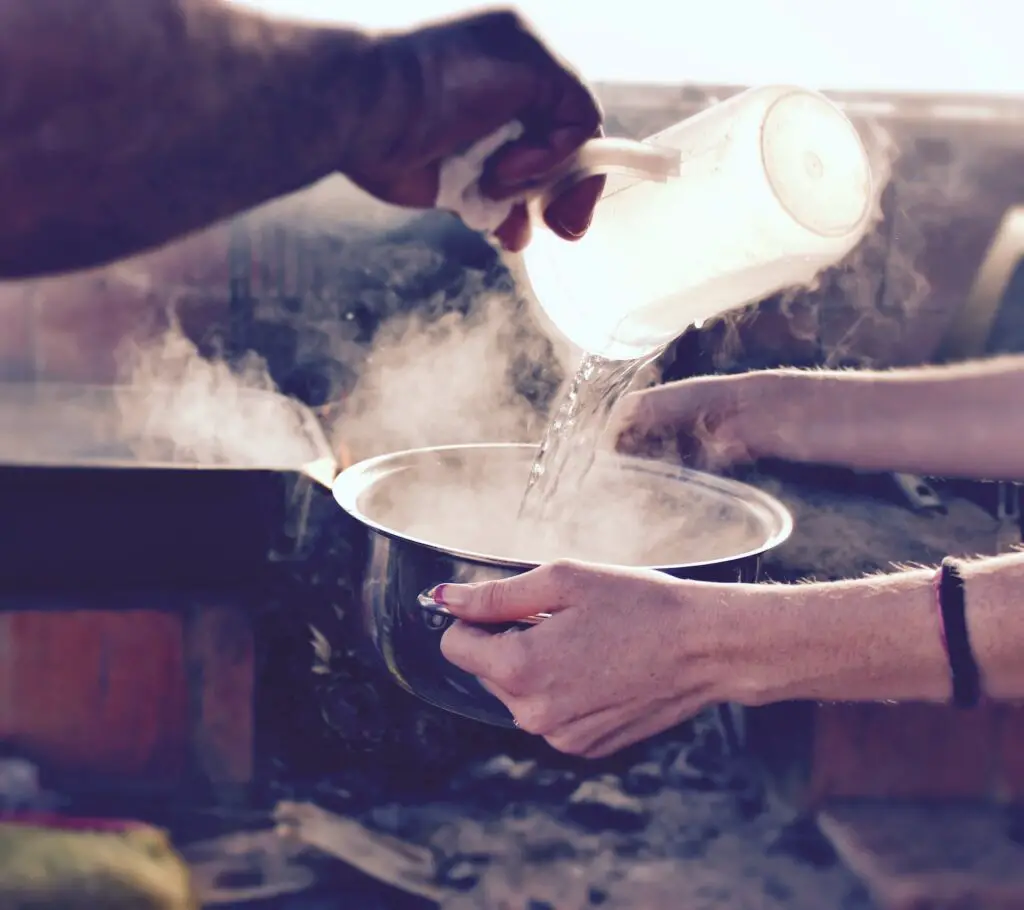
Boiling water on an electric stove is a shared kitchen task we often overlook, assuming it happens swiftly like magic. But have you ever wondered how long it takes for that cold water in the kettle to transform into a rolling boil? Let’s delve into the science of it.
The time it takes to boil water on an electric stove depends on several factors, including the amount of water, the stove’s power, and the starting temperature of the water. Generally, a standard electric stove takes about 8-10 minutes to boil a medium-sized pot of water. However, this can vary.
The power of your electric stove plays a significant role in the boiling process. Higher-wattage stoves, commonly found in professional kitchens, can heat water more quickly than their lower-wattage counterparts. Investing in a stove with higher wattage might be worth considering if you’re looking to expedite the boiling process.
The amount of water you’re boiling also affects the time it takes. Naturally, more water will require more time to reach the boiling point. Conversely, it will happen faster if you’re only heating a small amount. It’s a simple matter of physics – the more water there is, the more energy (in the form of heat) is needed to raise its temperature.
Additionally, the starting temperature of the water matters. If you’re drawing water straight from the tap, it’s likely colder than water at room temperature. Colder water will take longer to heat up, extending the boiling time. To save a few minutes, consider using warmer water from the tap if potability is not a concern.
Tips for Boiling Water Fast on an Electric Stove:
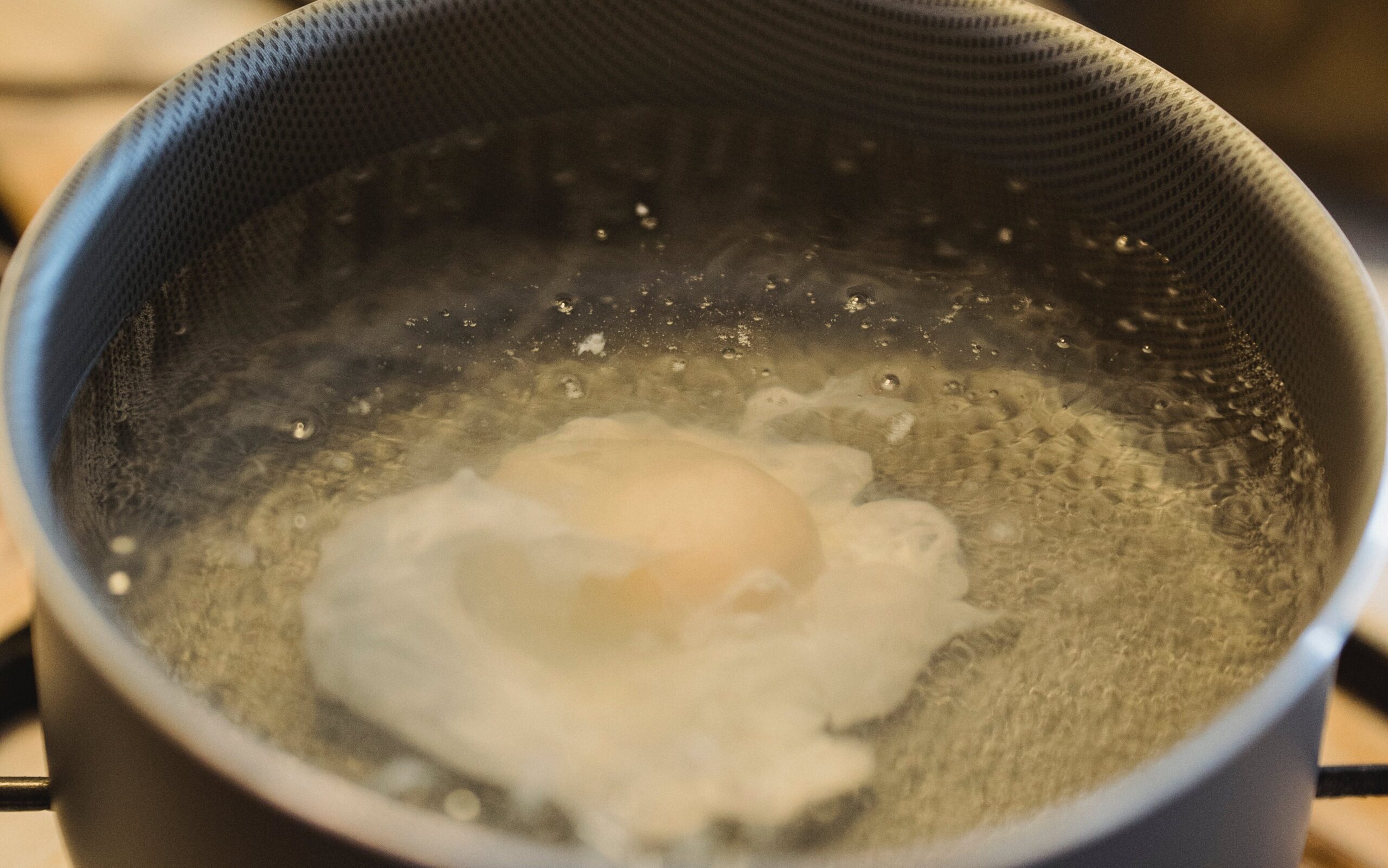
When you’re in a hurry or just eager to boil that pot of water on your electric stove, a few simple tips can make the process faster and more efficient. Here’s a quick guide to help you achieve boiling water in record time:
1. Use a Lid
One of the easiest ways to speed up the boiling process is to cover the pot with a lid. By trapping the heat, you create a mini steam chamber, allowing the water to heat up more quickly. Remember, every bit of retained heat counts.
2. Choose the Right Pot
Opt for a pot with a broader base. A wider surface area allows more direct contact between the heating element and the water, facilitating faster heat transfer. Save the tall, narrow pots for slow-cooking soups, and reach for the wider ones in a boiling hurry.
3. Start with Hot Tap Water
If you want to shave off a few minutes, consider starting with hot tap water instead of cold. This is particularly useful if your tap water is potable. Starting with a higher initial temperature reduces the time it takes for the water to reach the boiling point.
4. Match Pot Size to Burner
Use a pot that matches the size of the burner. Placing a small pot on a large burner may result in heat loss around the sides, slowing the process. Conversely, a pot that’s too large for the burner might not efficiently transfer heat to the water.
5. Utilize High Heat
When time is of the essence, turn that dial to high heat. Electric stoves often have multiple heat settings, and cranking it up to the highest level ensures maximum energy transfer to the water. Be attentive and ready to reduce the heat once the water reaches a rolling boil.
6. Consider a Tea Kettle
Using a dedicated electric tea kettle can be a game-changer if you’re frequently boiling water for tea or coffee. These appliances are designed for
efficiency, with many boasting rapid boiling capabilities.
7. Keep the Stovetop Clean
Efficiency is compromised when your stovetop is covered in grime. Keep the burners and surrounding areas clean to ensure optimal heat transfer. A clean stovetop is a fast stovetop.
8. Prevent Heat Loss
Minimize heat loss by using a pot with a well-fitted lid and avoiding unnecessary peeking. Every time you lift the lid, you allow heat to escape, prolonging the boiling time.
By incorporating these tips into your boiling routine, you can significantly decrease the period it takes to get that water bubbling on your electric stove. Whether preparing a quick pasta dinner or making your favourite hot beverage, these simple adjustments can speed up the boiling process.
Which Stove Boils Water Faster: Gas or Electric?
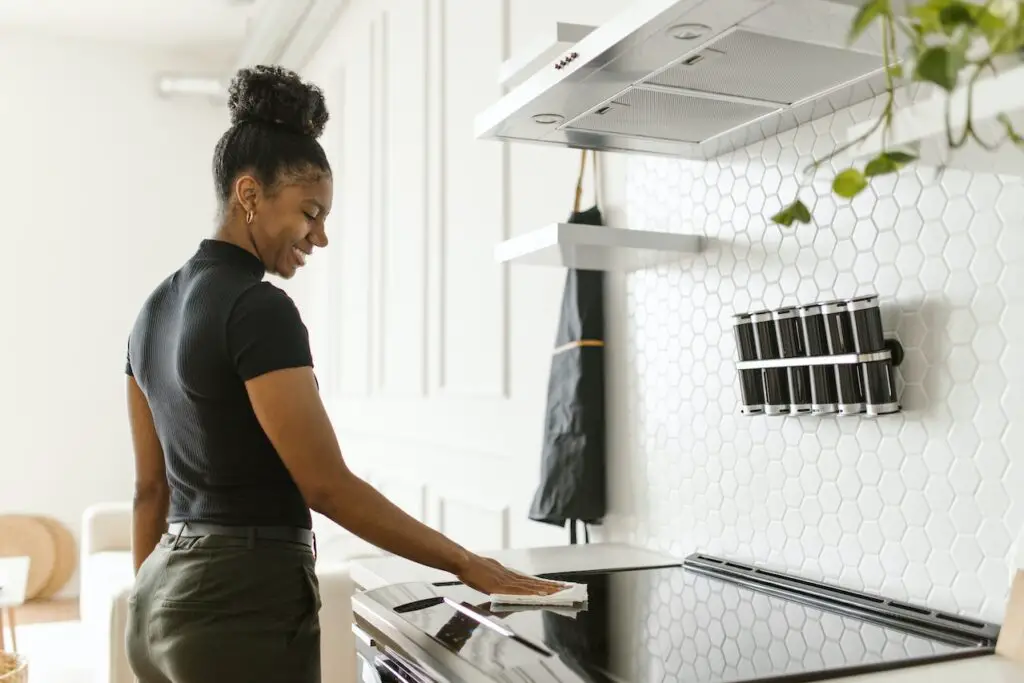
In the age-old debate of gas versus electric stoves, the speed at which each can bring water to a boil is often a deciding factor for many home cooks. Let’s dive into the science behind these two common kitchen appliances.
Gas Stoves:
Gas stoves have long been favoured for their precision and rapid response to temperature adjustments. When it comes to boiling water, the open flame of a gas stove provides an immediate and intense heat source. This means that, in general, gas stoves tend to boil water faster than their electric counterparts.
The efficiency of gas stoves lies in the direct flame contact with the bottom of the pot. The heat is distributed evenly, allowing for quick and uniform heating. This rapid response to changes in temperature is particularly advantageous for tasks like boiling water, where timing can be crucial.
Electric Stoves:
On the other hand, electric stoves rely on a heating element beneath a flat surface. While they may take longer to reach higher temperatures than gas stoves, technological advancements have narrowed the gap. Modern electric stoves often feature high-wattage burners that can generate substantial heat.
However, the heat transfer mechanism on electric stoves is different. The coil or smooth-top surface heats up and, in turn, heats the pot. This indirect heat transfer method can result in a slightly longer boiling time than a gas stove’s direct flame.
Factors to Consider:
Several factors can influence the boiling time on both gas and electric stoves. The wattage of electric burners, the size of gas flames, and the efficiency of the cookware all play a role.
Additionally, the type of pot used can impact boiling times. For example, a flat-bottomed pot is more effective on an electric stove, ensuring better contact with the heating element. Pots with a concave bottom on a gas stove might sit less securely over the open flame.
In short, while gas stoves traditionally have the edge of boiling water quickly, advancements in electric stove technology have narrowed the gap. The choice between gas and electricity ultimately depends on individual preferences, cooking habits, and the specific requirements of the task at hand. Whether you favour the immediate response of a gas flame or appreciate the modern conveniences of an electric stove, both can effectively get the job done—it just might take a few minutes more on one than the other.
Conclusion:
At the end of this article, we’ve demystified why your electric stove sometimes takes its sweet time to boil that pot of water. It turns out it’s not about the stove having a leisurely attitude. Instead, it’s the nature of heat transfer.
The indirect heating method, whether through coils or a smooth-top surface, makes electric stoves a tad slower than their fiery gas counterparts. However, fear not! Technological advancements and clever kitchen hacks, like using the right pot and cranking up the heat, can turn your electric stove into a boiling powerhouse.
So, next time you’re anxiously waiting for bubbles, remember, it’s not your stove dawdling. It’s just navigating the subtleties of science to make your pasta perfectly al dente.
FAQs
Does boiling time vary for different types of pots?
Indeed, the material and size of your pot can impact boiling time. Opt for smaller, well-matched pots for quicker results.
How often should I clean my electric stove for optimal performance?
Regular cleaning is essential. Dirt and residue can affect heat distribution. Aim for a thorough cleaning every few weeks.
Are there energy-efficient alternatives to electric stoves?
Yes, induction stoves are not only faster but also more energy-efficient. Consider making the switch for a quicker and greener cooking experience.
